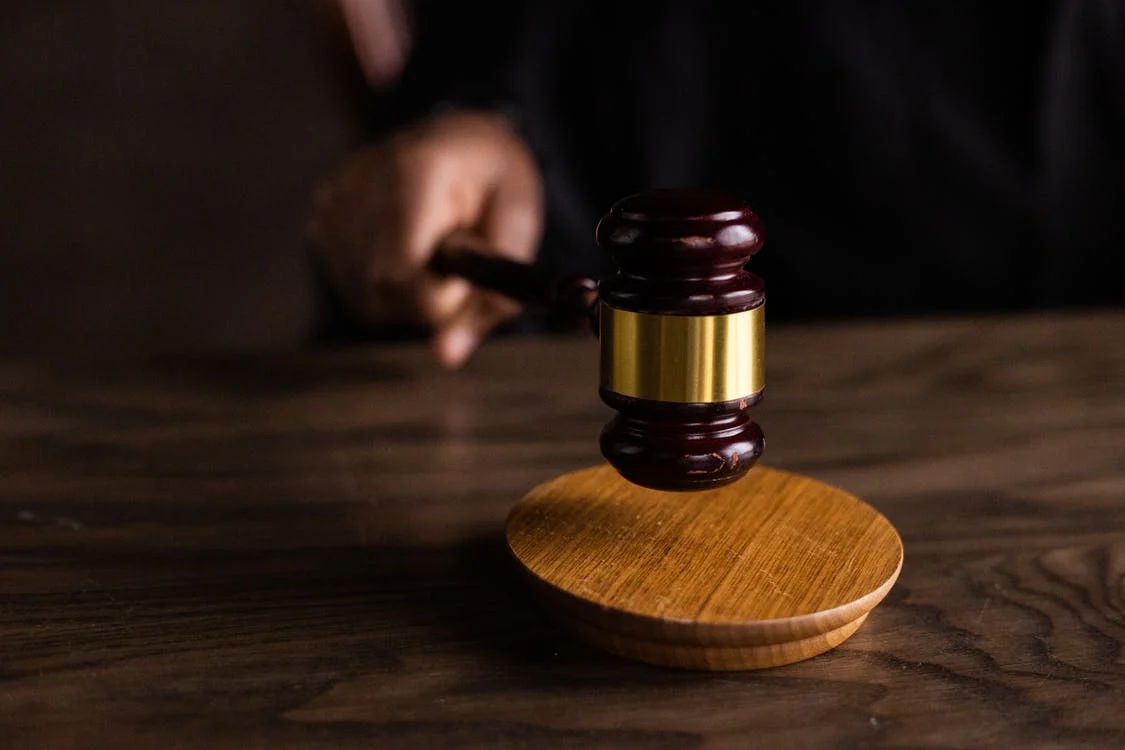Now Reading: Who You Are Entitled to Sue After a Slip and Fall Accident
-
01
Who You Are Entitled to Sue After a Slip and Fall Accident

Who You Are Entitled to Sue After a Slip and Fall Accident
Slip and fall accidents can result in serious injuries, leaving you with costly medical bills and rendering you unable to work while you recover. You must know what steps to take for filing a personal injury claim and against who you should file. Understanding Florida’s laws will help you take legal action.
Comparative Negligence
Florida is a state that follows comparative negligence laws regarding slip and fall accidents. Therefore, even if you were partially responsible for the incident, you may still recover a certain portion of the compensation amount.
The following situations could see you sharing the blame for your accident:
- You were wearing inappropriate shoes considering the conditions
- You were on a part of the property where visitors are not allowed
- You weren’t paying attention while walking
- You walked into a dangerous area marked as such
In other words, if you experienced a slip and fall accident due to not paying attention while you were walking because you were glancing at your phone to check a text message, you might be found, for example, 20% responsible.
In this scenario, if you were suing for $20,000 and your claim is successful, you would receive $16,000, which is 20% less than what you originally sought.
Who Is Responsible for Your Injuries?
The person responsible for a slip and fall accident depends on the specifics of the case. Your lawyer can help you identify the at-fault party and build a case against them.
Property owners often serve as defendants in slip and fall accident lawsuits. They are required to ensure that the premises are in reasonably safe conditions. If anything is potentially dangerous, they must clearly mark off the area. This can include using cones, stands, or even signs indicating caution.
Negligence is the main driver of a slip and fall. If a property owner was negligent in the upkeep of their property, you would have to prove this in your lawsuit. A skilled slip and fall accident lawyer based in Fort Myers can help you prepare the evidence and ensure you get the compensation you deserve.
Certain elements must be proven in a negligence case involving a slip and fall accident. These include the following:
- The property owner owed you a duty of care
- The duty of care was breached
- The breach of that duty led to your slip and fall accident
- Your slip and fall accident directly resulted in your injuries
Evidence can include photos of the scene where you fell, your medical records, and your medical bills. If there were witnesses who saw your accident, you can also speak with them to get their names and contact information. Your attorney could contact them at a later date to get their statements.
What Is the Statute of Limitations for a Slip and Fall Accident?
It’s essential to know the statute of limitations for this type of accident to secure compensation. You have typically four years from the specific date of your fall to file a claim in court. However, depending on your case, you can have more or less time.
Contact a lawyer to learn the exact deadline of your case. If you don’t file within that period, it can work against you as you will miss your chance to recover damages.
If your slip and fall claim is successful, you can recover compensation for your injuries. Those damages could include:
- Medical expenses
- Any continuing treatment you require
- Lost wages
- Lost earning capacity
- Property damage
- Pain and suffering
- Mental anguish
Some of these damages are economic as they are easily quantifiable. Others, such as the lattermost two, are non-economic and don’t have any particular price tag. Your attorney can help you recover the maximum of your damages.
Seek Legal Help
If you were injured in a slip and fall accident in Fort Myers, contact an attorney at your earliest convenience to discuss your case. Having legal representation will ensure that your best interest is represented in the face of the law.











